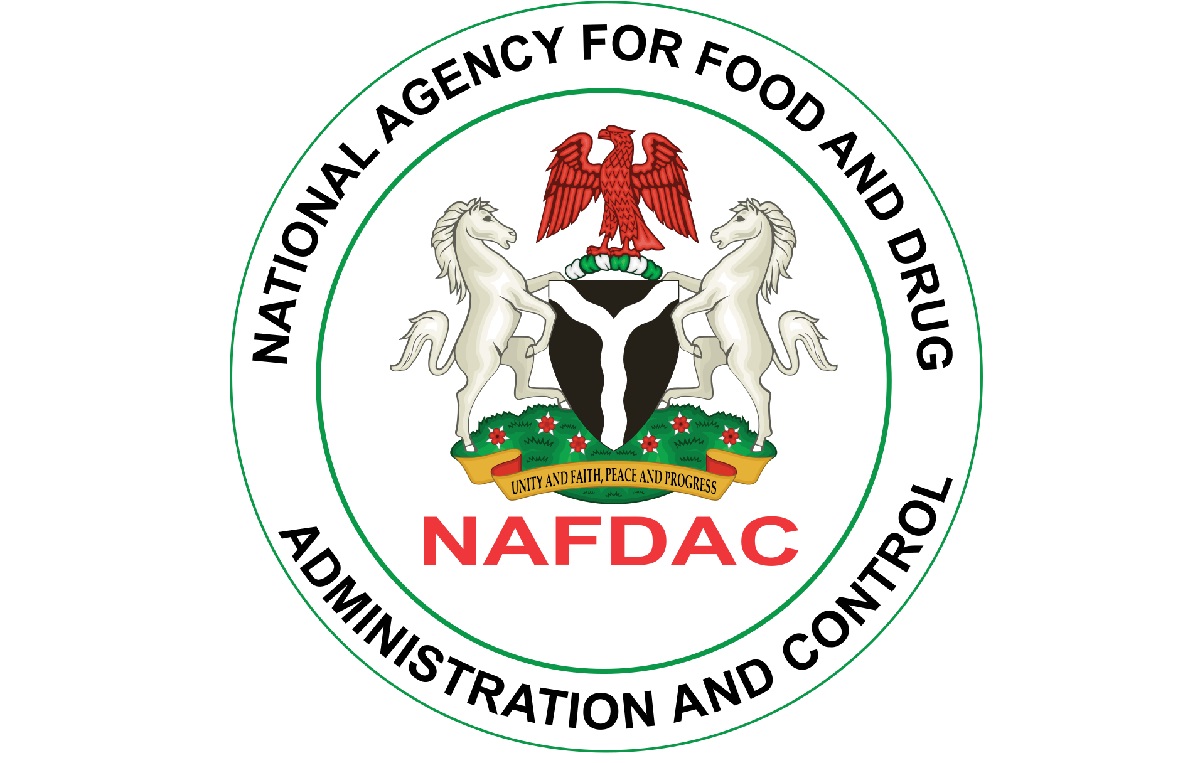Coalition protests at NAFDAC, demands sugar removal from baby formula
The Coalition of Civil Society Organisations (CSOs), including Project PinkBlue and Diabetes Association of Nigeria (DAN), on Friday protested the inclusion of sugar in baby formula in the country, at the National Agency for Food and Drug Administration and Control (NAFDAC) headquarters in Abuja. The placards-carrying protesters, among others, called for clear nutrition labels on […]

The National Agency for Food and Drug Administration and Control (NAFDAC)
The Coalition of Civil Society Organisations (CSOs), including Project PinkBlue and Diabetes Association of Nigeria (DAN), on Friday protested the inclusion of sugar in baby formula in the country, at the National Agency for Food and Drug Administration and Control (NAFDAC) headquarters in Abuja.
The placards-carrying protesters, among others, called for clear nutrition labels on the products and stronger regulation by concern authorities.
The National Action on Sugar Reduction (NASR) spokesperson, Ms Omei Bongos-Ikwue, said the protest came in response to a recent report by a United Kingdom newspaper, The Guardian, that a notable consumer goods company was adding sugar into baby formula and cereals placed in Nigeria and African markets.
“The investigative report further disclosed that one major formula variety sold in Nigeria contained up to 6.8g of sugar per serving, in contrast to varieties sold in Europe, where baby formulas contain 0g of sugar. The World Health Organisation has called it a double standard,” Bongos-Ikwue said.
- Foreigners benefiting more from Nigeria’s solid minerals – NIPSS
- Why cocoa, oil palm production has been on decline in Nigeria – Planters
Also speaking at the rally, Gloria Okwu, a member of the NASR Coalition and Programme Manager at Project Pink Blue said, “Endangering the lives of children and exposing them to life-threatening illnesses is profiteering and criminal. Having different standards for producing baby formula for different populations is deceptive and discriminatory.”
She noted that in Nigeria, one in three deaths is caused by non-communicable diseases like heart disease and diabetes.
She said, “Ironically, while Nigeria is starting to battle diet-related conditions like obesity, under-nutrition remains a public health problem. Feeding children high sugar foods can increase the risk of childhood obesity without improving the issues caused by poor nutrition.
“The lives of children all over the world matter, and it is our collective responsibility to protect them from diseases and situations that could negatively alter their lives now or in the future. No wonder an increasing number of children are starting to develop diabetes and cancer earlier in life.”
